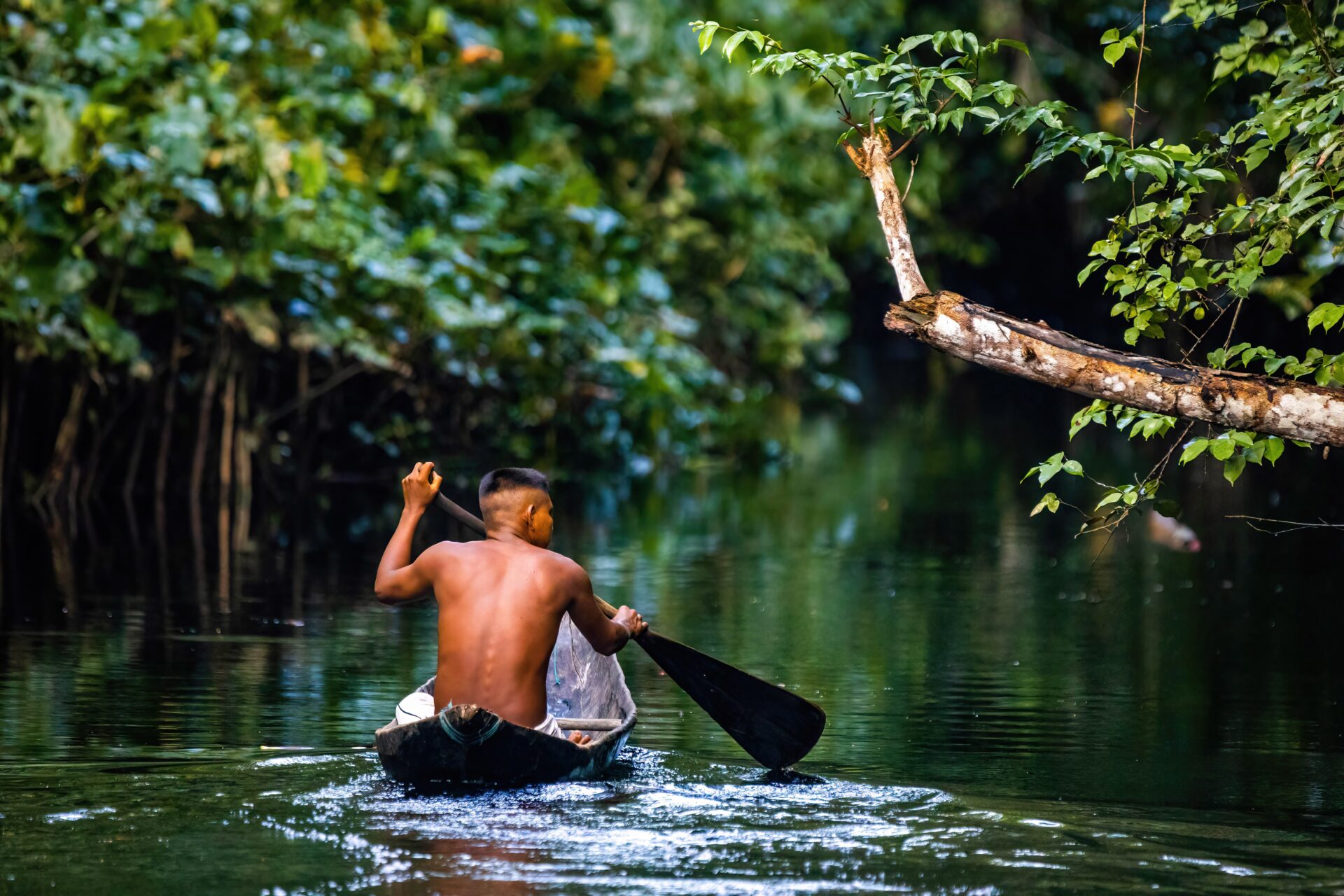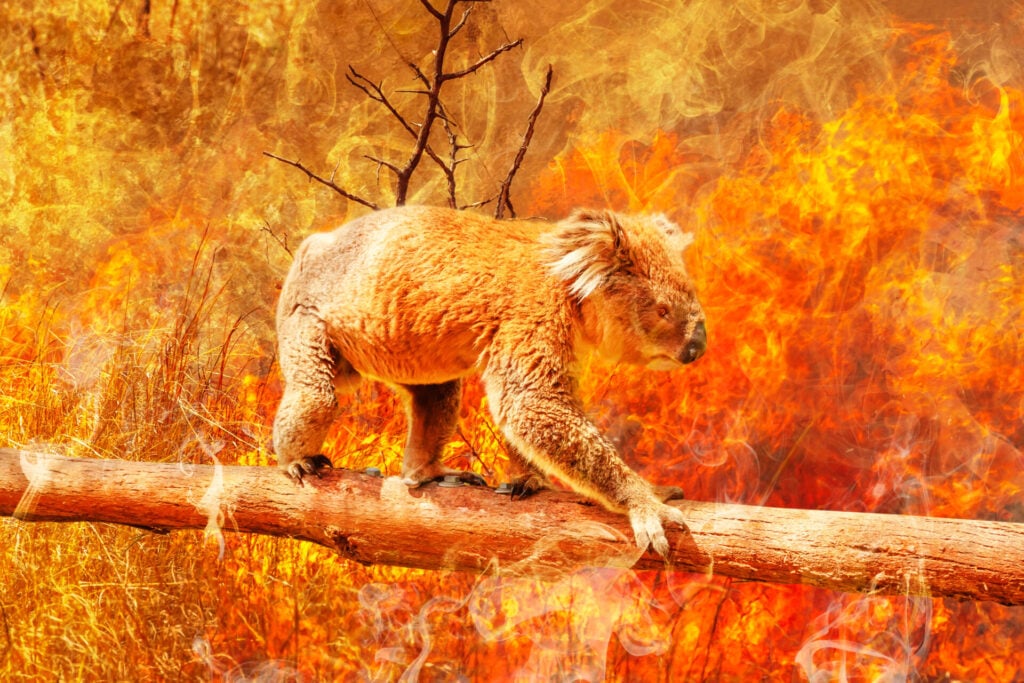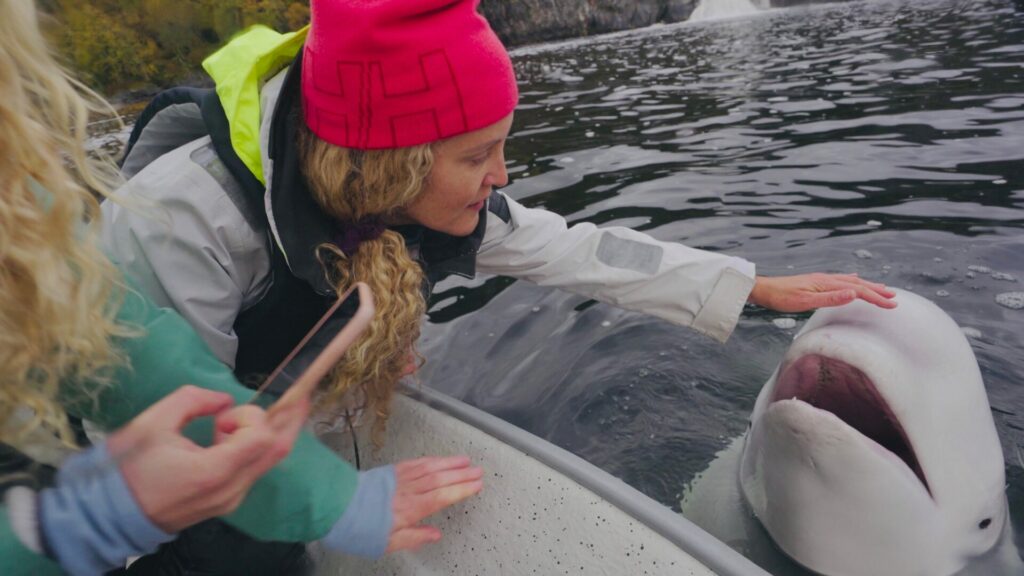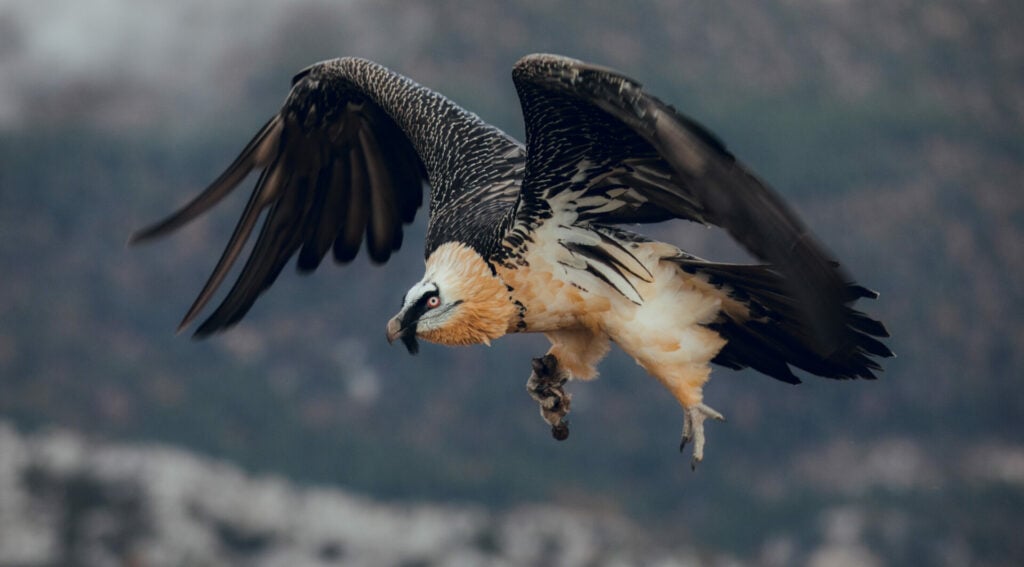On June 5 2022 in the dense, untamed forest of the Javari Valley, a remote region of the Brazilian Amazon and home to the largest number of uncontacted Indigenous tribes in the world, British journalist Dom Phillips and Brazilian indigenous expert Bruno Pereira set out on a research mission. The pair were investigating illegal fishing gangs poaching endangered species such as the highly sought-after pirarucu and broader environmental degradations such as illegal logging and mining ravaging one of the most critically biodiverse areas on Earth.
Their journey was part of their work for a book on rainforest conservation and the escalating threats facing the Amazon, a mission that would tragically cost them their lives. Ambushed by criminals involved in illegal fishing, they were executed, and their bodies buried in a shallow grave near Atalaia do Norte, close to the Peruvian border. The reports of the men’s dissapearance, subsequent ten day search and ultimate murder sent shockwaves across the globe. The case focused the world’s attention on the deadly risks faced by those who confront environmental crimes and stand up for the planet’s most vulnerable ecosystems.
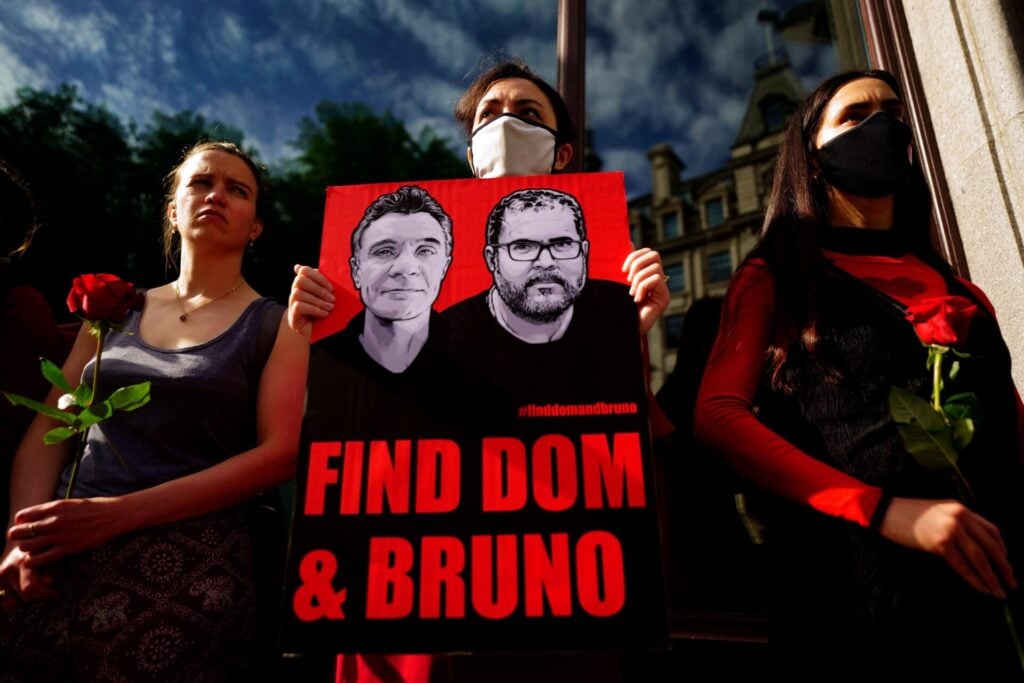
Sadly, their story is far from unique. In 2023, at least 196 land and environmental defenders were murdered worldwide, with hundreds more harassed, threatened, or silenced. Among them Eduardo Mendúa, an indigenous leader in Ecuador, was gunned down in the garden of his home for opposing oil drilling on his ancestral land. An autopsy revealed he was shot 12 times. His murder remains unsolved.
These killings are part of a relentless war on protectors of the planet: indigenous communities, journalists, and activists daring to work on the frontlines of environmental crises.
Indigenous Activists
The Amazon rainforest – which spans nine South American countries, houses one-third of the Earth’s plant and animal species, and produces one-fifth of all its flowing fresh water – is home to approximately 2.7 million Indigenous people. These communities collectively inhabit more than 3,000 Indigenous territories, which cover around 35 per cent of the Amazon Basin.
Yet these vital indigenous lands are under constant threat. Illegal logging, mining, and agricultural expansion encroach on their territories, with devastating consequences for both the environment and the communities who call it home.
‘The forest is not just land to us. It is knowledge, medicine, and spirit. When the trees fall, so do our traditions’
Nemo Guiquita, Indigenous Waorani leader
Nemo Guiquita, an Indigenous Waorani leader and Director of Women and Health for the Confederation of Indigenous Nationalities of the Ecuadorian Amazon (CONFENIAE), tells The Ethicalist her community faces mounting dangers trying to protect their land. ‘We are constantly under attack – by mining companies, oil extractors, illegal loggers, and even our own government. We defend our land, and for that, we are criminalised, imprisoned, and sometimes killed.’
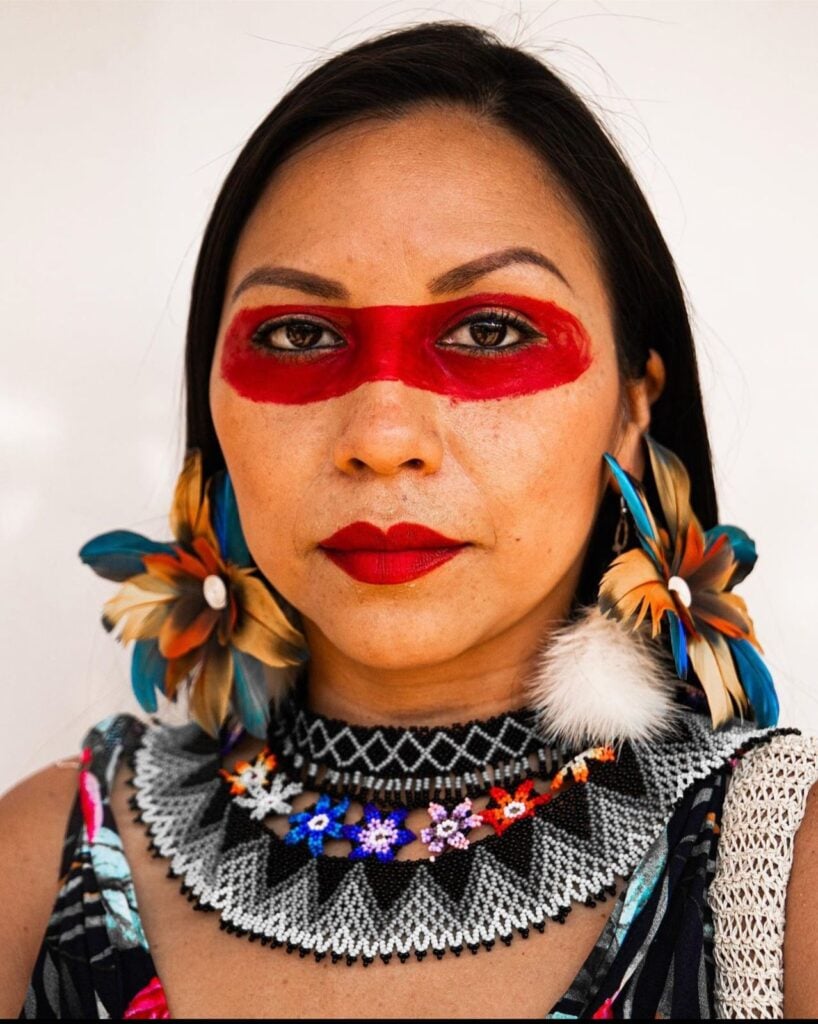
For Nemo and many other Indigenous communities, the fight against deforestation is not just about protecting land, it is also about safeguarding identity, culture, and heritage
‘The forest is not just land to us,’ she says, ‘it is knowledge, medicine, and spirit. When the trees fall, so do our traditions. Deforestation destroys sacred sites and can break spiritual connections with the “Omere,” which is our nature, and is always present in the dreams of the Waorani when they sleep.’
Laura Yawanawá, Executive Director of the Yawanawá Sociocultural Association in Brazil (YSAB), – an organisation that protects almost 200,000 hectares of rainforest in Acre state, and of which they use only one per cent for themselves, leaving the rest untouched for biodiversity – shares similar concerns.
‘Our forest is everything: our school, our supermarket, our faith. All our knowledge comes from nature,’ she tells The Ethicalist. ‘Everything we know comes from the animals and the plants. That is why we protect it.
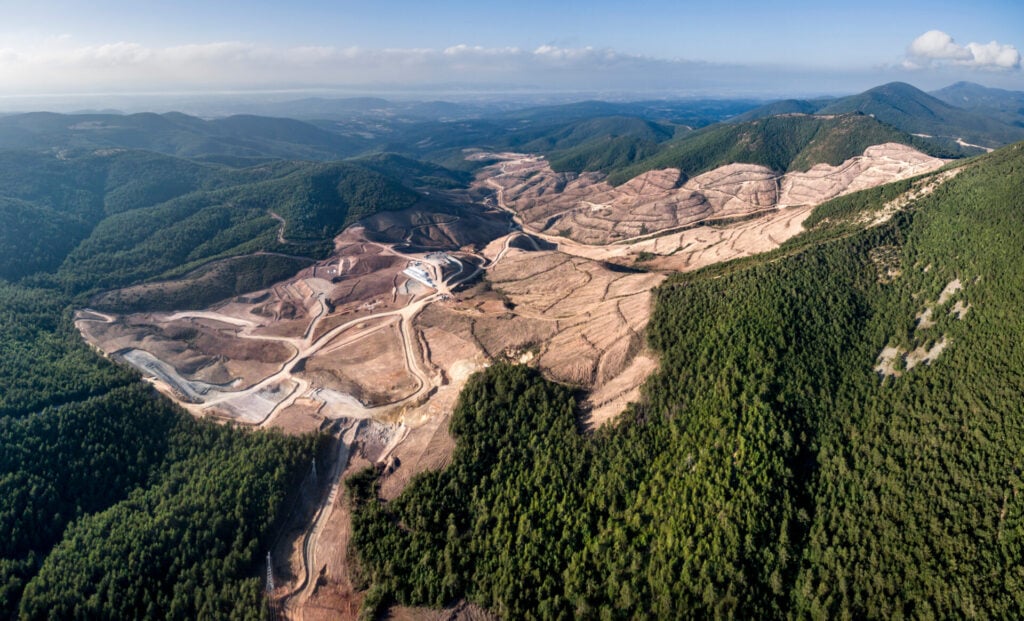
‘Yet we are constantly under pressure to use destructive economic ways that they call progress,’ she continues. ‘But we refuse. We are building a different way of life where we can preserve our traditions and this beautiful forest.’
Forests across the globe are being destroyed at a rate of 11 football fields every minute, contributing to the loss of over 420 million hectares of forest – an area larger than India – since 1990
Yet the challenges they face in preserving their ancestral lands are immense as powerful industries continue to exploit the Amazon for profit. Globally, large swathes of forest are cleared for oil extraction, mining operations, and agricultural expansion, leaving behind a trail of environmental devastation. Forests across the globe are being destroyed at a rate of 11 football fields every minute, contributing to the loss of over 420 million hectares of forest – an area larger than India – since 1990.
The Amazon rainforest, often referred to as the ‘lungs of the planet’, has long been under siege from deforestation. In 2021 alone, the Amazon lost 1.3 million hectares of forest, largely due to agricultural expansion, including cattle ranching and soy farming. Over the past five decades, around 20 per cent of the Amazon has been lost.
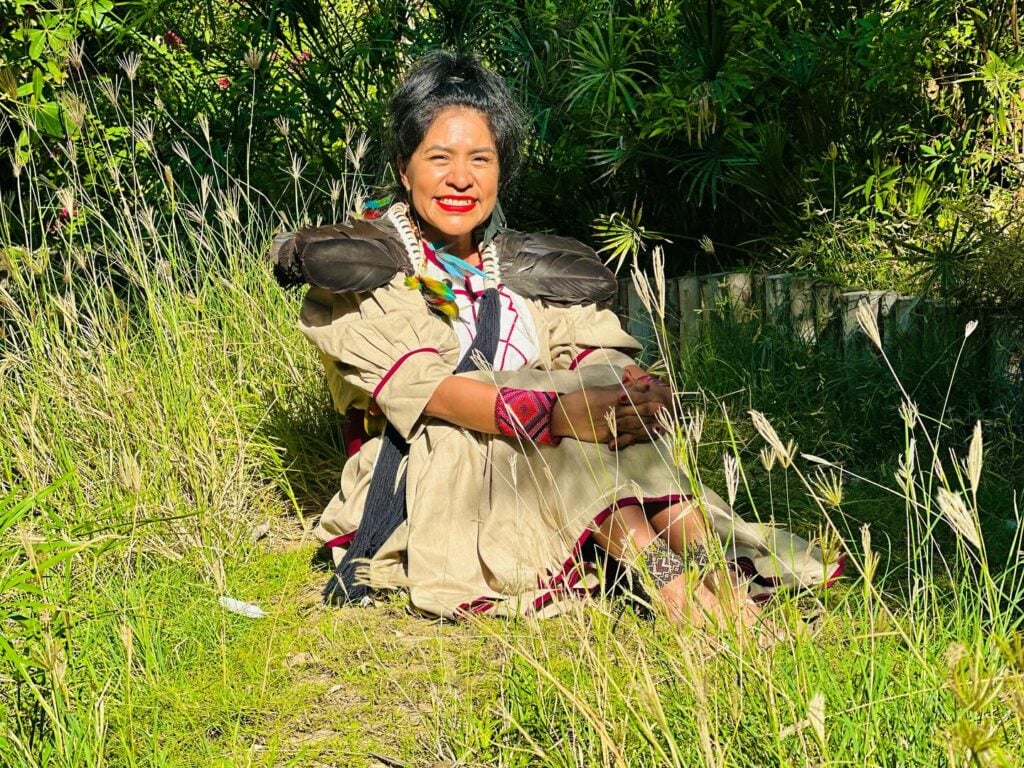
However, recent years have brought a positive shift. In 2023, the Brazilian Amazon saw an almost 50 per cent decline in deforestation according to data from national space agency Inpe, and in 2024, it reached a nine year low, a sign that conservation efforts and Indigenous leadership are having an impact.
‘We defend our rivers, our forests, and our sacred places because they are life. Without them, we cannot exist,’ Nemo says.
While deforestation rates may have declined in recent years, its impact on climate change continues to be severe. Unpredictable droughts, floods, and the drying up of rivers are increasingly disrupting traditional ways of life.
In 2024, the Amazon faced its most severe drought on record, leaving rivers parched and lifelines like fishing and transportation in disarray. Dead fish lined riverbanks while wildfires consumed over 30 million hectares of wilderness – an area larger than Italy.
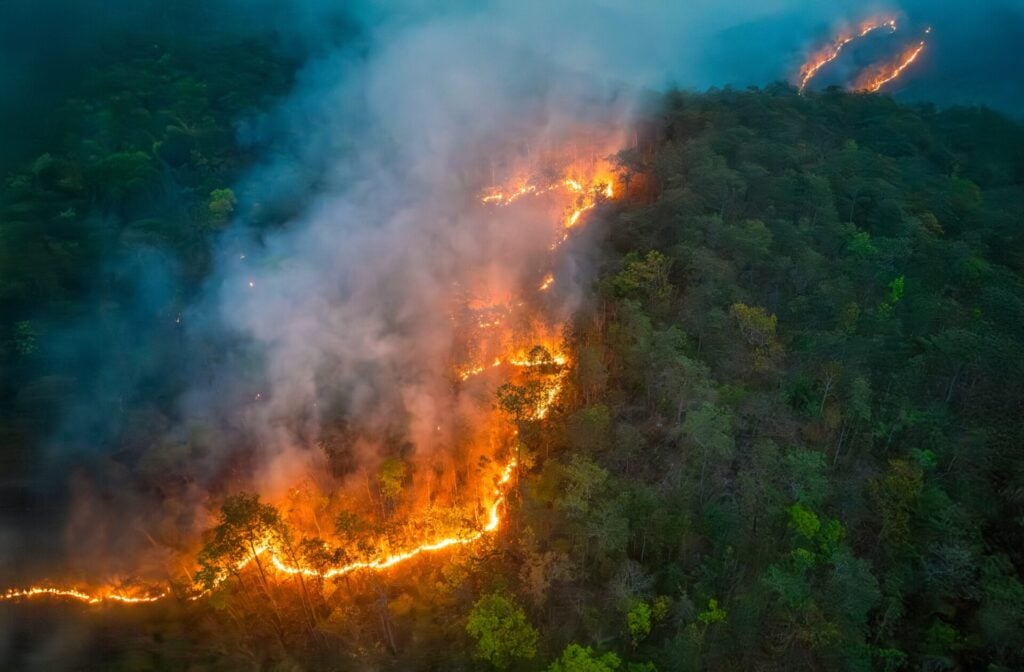
‘A few years ago, unexpected floods destroyed our crops and livestock, bringing new diseases and infections we had never seen before,’ says Laura. ‘Now, the dry seasons are lasting longer. This year was catastrophic, our river dried up so much that we found dead fish for the first time in Yawanawá history. It felt like the end of the world.’
Climate Journalists
While indigenous activists defend their ancestral lands, climate journalists risk their lives to bring these battles to light. In regions plagued by environmental exploitation and corruption, journalists who expose ecological crimes often face harassment, violence, and even death.
‘Journalists in Latin America who report on climate and environmental issues face the threat of murder, physical violence, arrest, online harassment and legal attacks,’ Cristina Zahar Eggers of the Committee to Protect Journalists (CPJ) tells The Ethicalist. ‘This can come from organised crime, private companies and governments, all focused on exploiting national resources in public or protected areas, including Indigenous territories.’
The dangers are stark. In Peru, Manuel Calloquispe, a journalist covering illegal mining in the Madre de Dios region, faced death threats from criminal groups profiting from environmental destruction. In Guatemala, Quimy de León, who reported on the social and environmental impacts of extractive industries, endured online harassment campaigns aimed at silencing her.
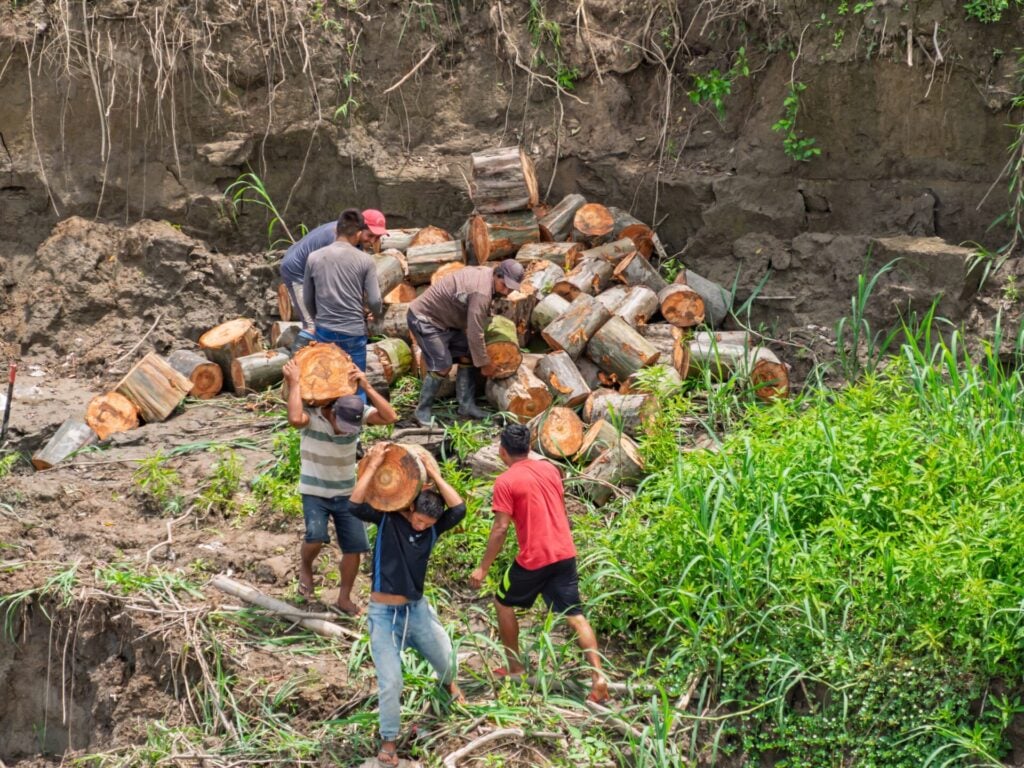
These are not isolated incidents but part of a growing trend of intimidation targeting journalists covering environmental issues. Between 2009 and 2023, at least 749 journalists and news media outlets reporting on environmental issues were targeted with murder, physical violence, arrest, online harassment, or legal attacks, according to UNESCO.
The problem is exacerbated by systemic failures. Governments often fail to protect journalists, and in some cases, they actively suppress their work. ‘Investigating illegal mining, phishing and logging, drug trafficking, biodiversity piracy, and deforestation can be very dangerous, especially for journalists who are based in the territories and are usually unprotected,’ explains Cristina.
‘Environmental coverage often intersects with economic interests, criminal activities, and corruption, placing local reporters at grave risk for their safety and their families. When self-censorship is not enough, journalists usually have to flee to avoid being killed.’
To counter these challenges, CPJ launched the Climate Crisis Journalist Protection Initiative, aimed at providing safety training, digital security resources, and emergency funding to journalists on the frontlines. ‘Our goal is to ensure that journalists reporting on the climate crisis can do so without fear,’ Cristina says.
In a single hectare, Yasuní has more than 100,000 different species of insects – roughly equivalent to the total number of insect species found in North America.
The stakes couldn’t be higher. Without the vital work of climate journalists, stories of environmental destruction, corruption, and human rights abuses would go untold. Cristina puts it succinctly: ‘Environmental journalism often involves pursuing stories that confront powerful interests, exposing and holding dangerous actors to account. With these risks poised to increase in years to come as climate change worsens, there is a dire need to support journalists working on the front lines of the climate crisis, particularly the local and Indigenous journalists at highest risk.’
Despite the dangers, those on the frontlines continue and victories are achieved, including the case of Yasuní National Park in Ecuador, one of the most biodiverse places on Earth. A vast 3,800sq mile rainforest, Yasuní is home to giant otters, armadillos, jaguars, Amazon river dolphins, more than 600 bird species, and over 140 types of frogs and toads. In a single hectare, Yasuní has more than 100,000 different species of insects – roughly equivalent to the total number of insect species found in North America.
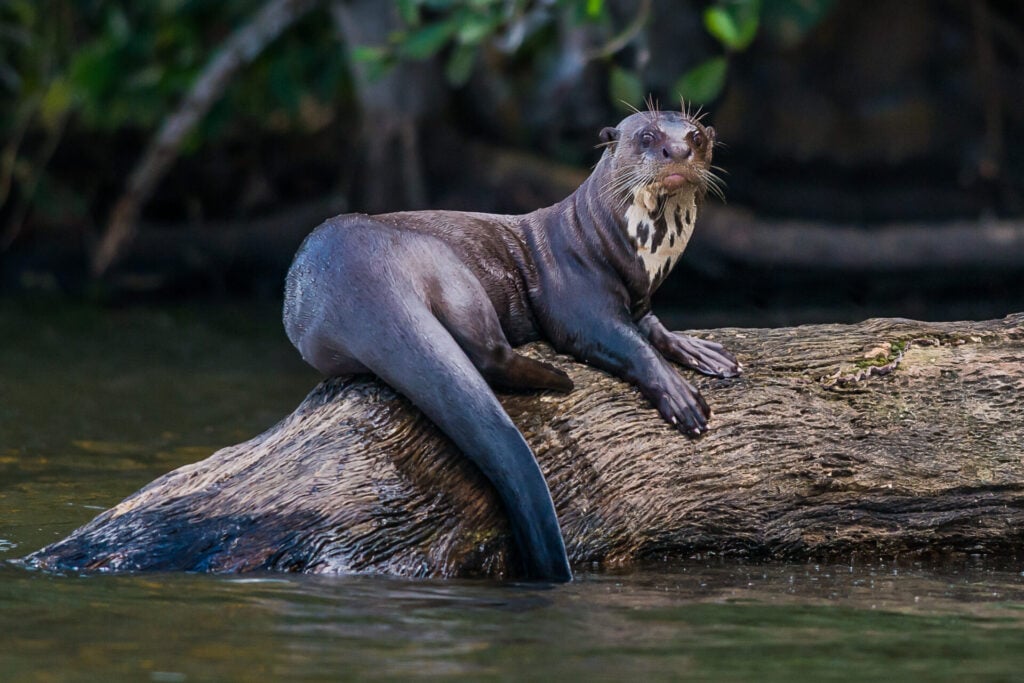
But beneath this ecological treasure lies over a billion barrels of lucrative crude oil, attracting relentless interest from extractive industries. For years, Indigenous groups, including the Waorani people led by activists like Nemo, and in collaboration with NGOs including Amazon Watch, fought to keep oil companies out of Yasuní. Their struggle culminated in a referendum in 2023 in which Ecuadorians voted to permanently ban oil drilling in a key area of the park, a landmark victory for Indigenous sovereignty and environmental protection.
‘The government wouldn’t stop oil drilling, so the people did,’ says Nemo. ‘Ecuadorians voted to remove the oil companies from Yasuní National Park – our ancestral land. It was a victory, but one we had to fight for every step of the way.’
The batte to protect the planet comes with extraordinary risks for those who stand at the forefront. Their courage ensures that ecosystems are preserved, cultures safeguarded, and powerful entities held accountable. But the world must rally behind them, demanding stronger legal protections and supporting organisations like Amazon Watch and CPJ. As Nemo poignantly states: ‘Our resistance is not just for us, it is for the world. The Amazon is the lungs of the planet, and we are its guardians.’

